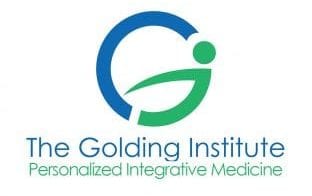The gastrointestinal tract (GIT) is one of the largest interfaces between the outside world and the human internal environment. While the GIT functions to digest and absorb nutrients, food also provides exposure to dietary antigens, viable microorganisms, and bacterial products.
Alterations in the bowel flora and its activities are now believed to be contributing factors to many chronic and degenerative diseases. Irritable bowel syndrome, inflammatory bowel disease, rheumatoid arthritis, and ankylosing spondylitis have all been linked to alterations in the intestinal microflora.
The intestinal dysbiosis hypothesis suggests a number of factors associated with modern Western living have a detrimental impact on the microflora of the GIT. Factors such as antibiotics, psychological and physical stress, and certain dietary components have been found to contribute to intestinal dysbiosis.
If these causes can be eliminated or at least attenuated then treatments aimed at manipulating the microflora may be more successful
Module Learning Objectives:
• Know the factors associated with intestinal permeability
• Prebiotics, probiotics
• Understand the importance of the gastrointestinal tract’s role in immune function
• Be able to identify the causes of dysbiosis and know how to repair gut health, understand the 5R program
• Be able to diagnose and treat the causes of most major diseases of the GI tract
• Understand the symptoms and diseases associated with food allergy and intolerance
• Identify the symptoms of chronic yeast infections and treat this condition with confidence
• Learn phase I, II and III detoxification and the consequences of the body’s inability to detoxify
• Know the common warning signs indicating that toxicity may be a factor for the patient
• Protocols for gut-related conditions
